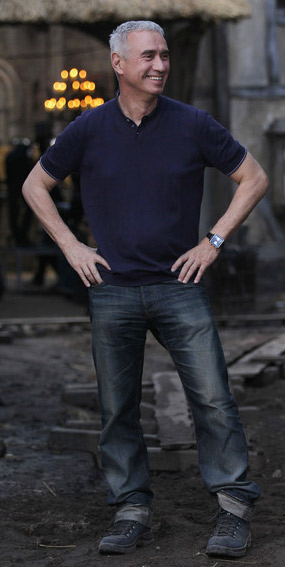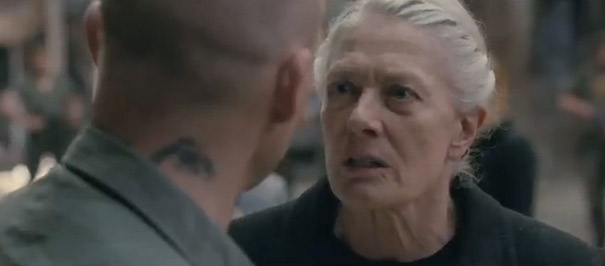I woke to some potentially thrilling news this morning. It seems that somewhere before during and/or after The Avengers production Joss Whedon brushed up on his Shakespeare. He's completed principle photography on a movie no one even knew was coming.
Here's the announcement in pictorial form.

I can't make out which actor that is in the photo given the black and white and the goggles and the snorkel but the cast is like manna from Whedonverse heaven.
From Buffy The Vampire Slayer / Angel : Tom Lenk, Alexis Denisof, Amy Acker and Riki Lindhome (well she was only in one episode of Buffy but still...); From Serenity / Firefly: Sean Maher and Captain Tight Pants himself Nathan Fillion (Love); From Dollhouse : Reed Diamond (YES!) and Ashley Johnson ; From The Avengers : Clark Gregg ; From The Cabin in the Woods : Fran Kranz ; And the newbies: Spencer Treat Clark (little Lucius from Gladiator all grown up), Brian McElhaney, Nick Kocher, Emma Bates, Romy Rosemont (from Glee), Paul M Meston, Joshua Zar and Jillian Morgese
 "Hey nonny nonny"The ad rather cheekily ends with "based on a play" LOL. If it's the play than Joss has gone and made his own modern Shakespeare, following in the footsteps of... well everybody. But Kenneth Branagh in particular.
"Hey nonny nonny"The ad rather cheekily ends with "based on a play" LOL. If it's the play than Joss has gone and made his own modern Shakespeare, following in the footsteps of... well everybody. But Kenneth Branagh in particular.
The last time Much Ado About Nothing hit the silver screen the year was 1993. The movie opened with a particularly ripe Emma Thompson eating grapes and dreamily reciting "hey nonny" before the film erupted into an uproarious everybody-get-naked! bathing credit sequence because Kenneth Branagh was directing on uppers. We're guessing. That movie is so fun. How will Joss's compare? Good luck to whoever has to follow in Emma's lighter than air but somehow still earthy footsteps (I'm guessing its Amy Acker and Alexis Denisof as Beatrice and Benedick given their placement on the advertisement). If you ask me Much Ado is Emma's second best big screen performance ever. Given the consistent quality of her work, you'll understand that that's extraordinarily high praise.
But what this really means is that 2012 is shaping up to be the year in which Joss Whedon basically takes over the entire world: The Avengers, which he wrote and directed, hopes to dominate the summer box office; the long delayed 3D horror flick Cabin in the Woods, which he wrote, will finally arrive; he's announced plans to return to the web with an (unrelated) followup to Dr. Horrible; and now this surprise film!
Sigh no more, lady! I've learned to live with the constant regurgitation of Shakespeare but I can't say I wouldn't be blissed out if artists everywhere decided as one great collective mass that they wanted to give the old Bard a rest for a decade whilst they investigated the collected works of Tennessee Williams or Anton Chekhov instead.
 Wednesday, May 1, 2013 at 1:28PM
Wednesday, May 1, 2013 at 1:28PM 







